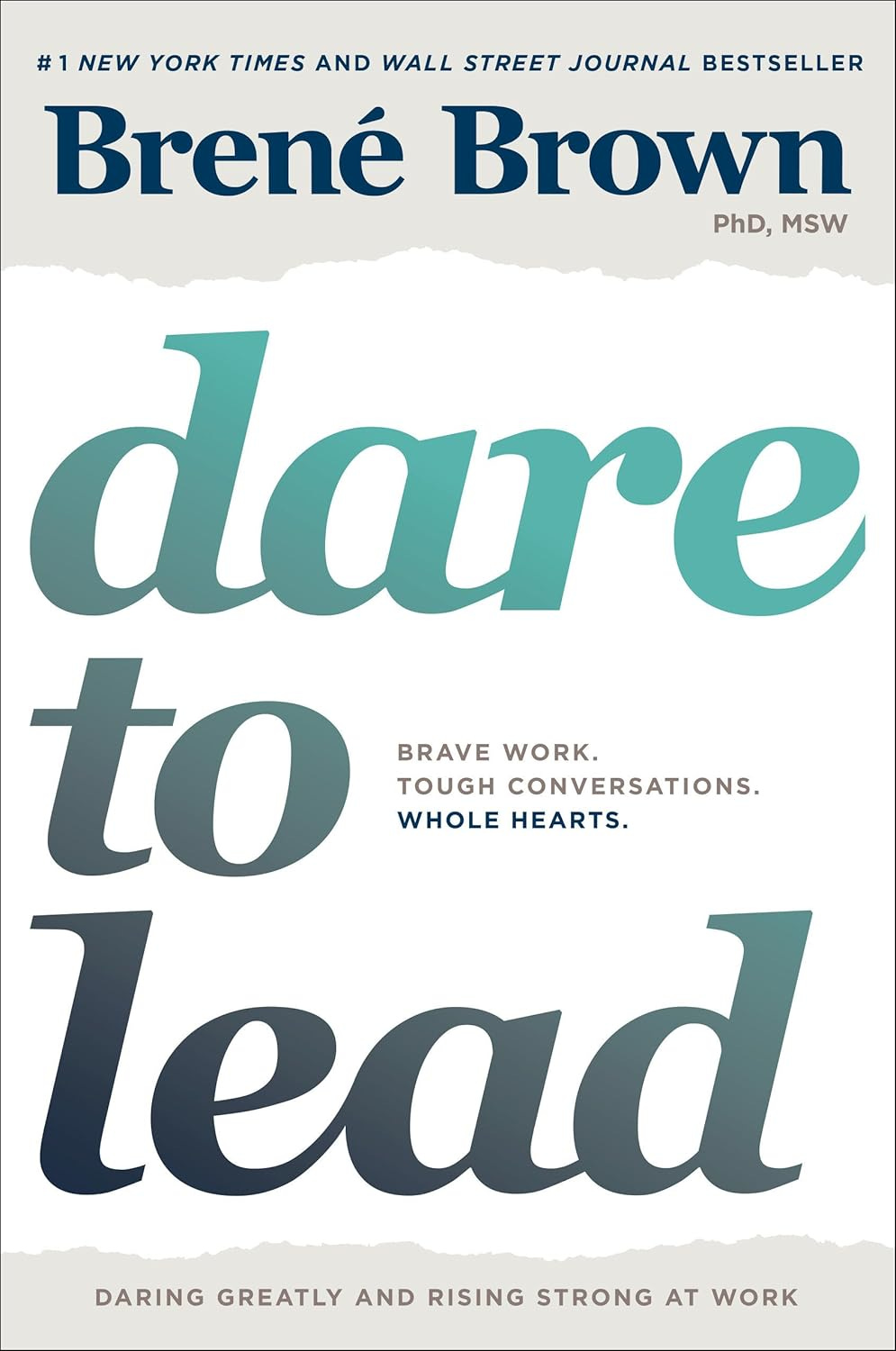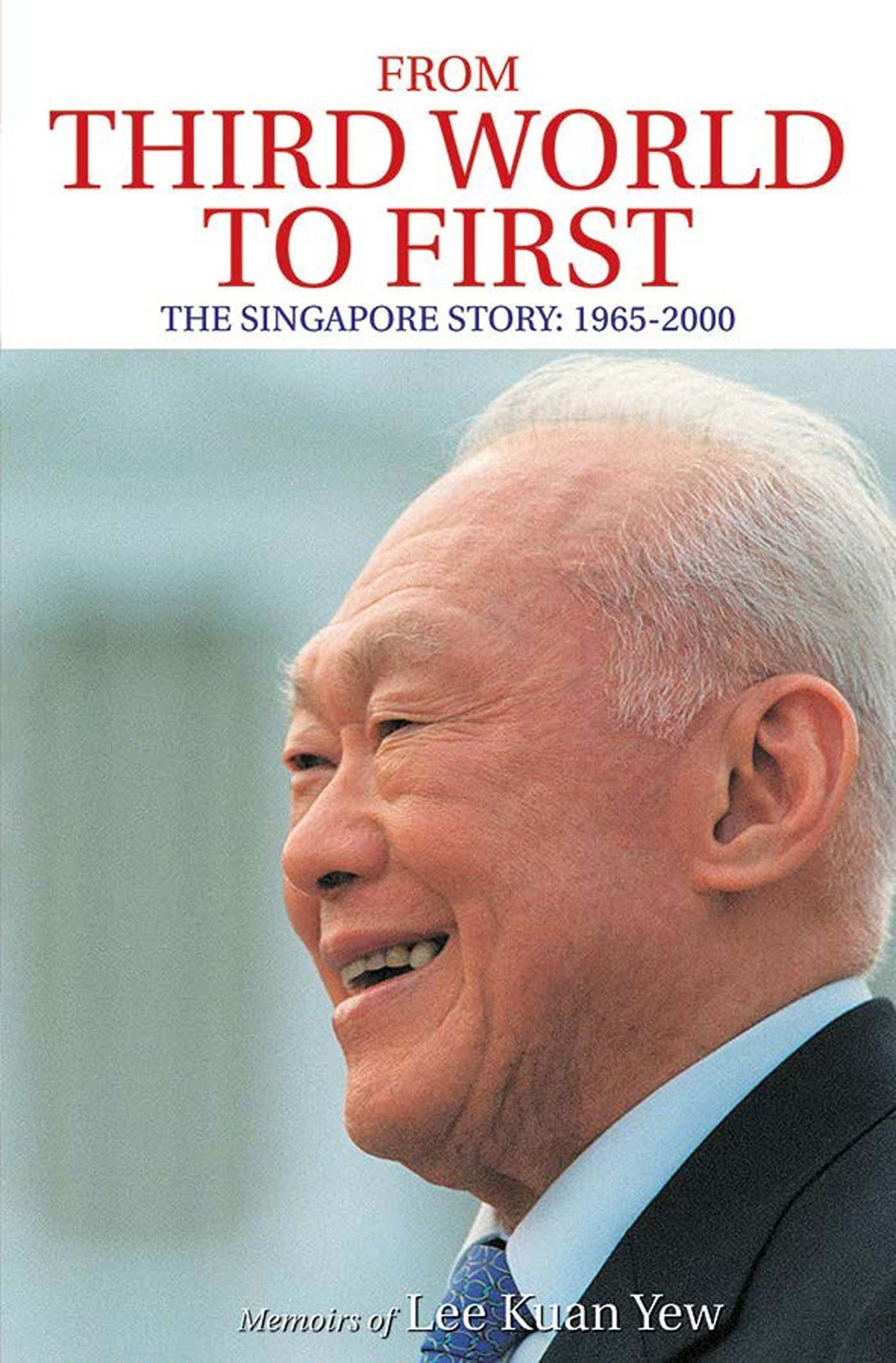Welcome to the Crazy Insights newsletter, where everything we share is inspired by our readings, learning, and experiences. If you've just joined us, we're thrilled to have you on board 👋
“It is not that I am mad, it is only that my head is different from yours.”
- Diogenes of Sinope (404 BC - 323 BC)
Here we go again! 😉
CHELS’ WORLD 🌍
God Is Not A Vending Machine: The Subtle Art of Manipulation
So, on a night when I was supposed to be asleep, I found myself scrolling through the streets of SleepTok (yes, that’s a thing, I am joking but you get right). I came across a video by a pastor—whose name, honestly, is unimportant. He was trying to make an analogy, and it went something like this:
A guy’s uncle promises him a pair of shoes. The guy is ecstatic—rolling on the floor, calling his dad, calling his mom, shouting, “Oh my goodness, uncle is a kind man, uncle is a good man!” He’s overjoyed because he literally has no shoes to wear to work the next day, so this promise comes at the perfect time. Now, even if the uncle originally made the promise casually, just seeing how much joy and gratitude this guy is showing might make him go, “Ah, let me just fulfill this promise so I can rest.” The pastor then likened this to how we relate to God—saying that when we pray, celebrate, and express gratitude, it somehow compels God to act.
That got me thinking. Have we, in some way, become manipulators?
Now, don’t get me wrong; maybe I misunderstood his point. Analogies don’t always translate perfectly to real-life theology, but it made me pause. How do we actually see God? Do we think we have to push Him to act?
If I pray harder, He will answer me.
If I sow this seed, He will answer me.
Maybe I have not sown enough seeds.
Maybe my faith isn’t strong enough.
Maybe I need to do more.
Is that really who God is? That He only moves when we convince Him to? Is it only in our extra effort that we finally earn His attention. Is it only in the more that He is moved to act.
I once heard something that really stuck with me: We all “know” that God loves the world, but do we believe that He loves us as individual persons? If God loves you, then why don’t you believe that He will not deny you what is good for you—according to His will? Why do you assume that your unanswered prayers mean something is wrong with your faith?
Now, before you come for me, I am not saying don’t pray. Please, pray! Pray until something happens. Keep praying to God. Keep asking. But don’t turn prayer into a transaction.
And you know what’s funny? The same people who preach, “We are saved by faith, not by works,” are sometimes the very ones who believe they must work for God’s favor. How does that even make sense? We end up treating prayer like a bargaining chip, a way to force God’s hand—forgetting, as the Eucharistic prayer says, that, For, although you have no need of our praise, yet our thanksgiving is itself your gift, since our praises add nothing to your greatness but profit us for salvation through Christ our Lord. Everything we do benefits us, not Him.
God already sees you. He already knows you. He already loves you. So, pray—but not because you’re trying to twist His arm. Pray because you trust Him, because you have faith that God will answer according to the plans He has for you, so come with confidence and humility before your Lord and Father. The answer may not look the way you expect. It may not come when you want. But He will answer—whether it’s yes, no, or not now.
And honestly? I think we need to check our theology. I think we’ve unknowingly created a version of God that is unreachable—one where you have to jump through hoops and cross hurdles just to access Him. But that’s not who He is.
And listen, I’m not saying this as someone who has life all figured out. Far from it. Just recently, I had a very real, very raw conversation with God. I told Him, “God, I know You can do this in a literal snap of Your fingers, so why aren’t You? I don’t get it. But I still want to trust You.” If I’m being honest, my biggest struggle isn’t whether God can do it—it’s the timing. Sometimes, I feel like life is passing me by, like I should be further along like something isn’t aligning. And every time, I have to remind myself:
Time and seasons are in His hands, not mine.
But you know what really gets me? The way some people talk about prayer—like if you’re struggling, it’s because you didn’t pray enough. If something bad happened, it’s because you weren’t “covered.”. So, does that mean every person who’s gone through hardship just didn’t pray hard enough? Does that mean every tragedy could have been avoided with more devotion? And then there’s the Instagram guilt-tripping. You know those posts— “If you scroll past this without listening to the end, the devil is winning!” Like, be for real. 😂
Prayer is important—super important. It can save you from a lot of heartache and headaches. But it’s so much more than just a means to an end—especially when that end is only about your material needs and desires. (And no, I’m not saying don’t pray for that job, promotion, healing, spouse, children, or house—God wants good things for you!)
But prayer, as we were taught in catechism class, is the raising of our hearts and minds to God. We are able to speak to and listen to God because He teaches us to pray. It’s not just about speaking to Him—it’s also about listening. And if we’re being honest, most times, there’s barely any real communication between us and God. It’s just us lamenting. What I mean is that prayer often turns into nothing more than a one-sided rant—us talking, venting, pouring out our frustrations… but never actually pausing to hear what God has to say.
At the end of the day, we need to stop treating God like a vending machine. Let’s be real—many times, the only reason we go to church is to justify our needs. The reason we pray is because we want something. We need to check ourselves—because maybe, just maybe, we approach God this way because that’s how we treat people too. We manipulate people, so we think we can manipulate God. But He’s not like us.
So yeah, this is me reminding myself just as much as I’m reminding you: God loves you. Intentionally. Unconditionally. More than you can even understand. And He proved that love by giving you Jesus. There is no greater love than that—so what good thing would He possibly withhold from you?
I found this interesting:
THE CAT’S LAIR ☠️
No One Asked For Your Opinion
Few things destroy interpersonal relationships the way unsolicited advice does. Many dread them, some see them as insulting, and others see them as a violation of their personal boundaries. Most people would rather be listened to and empathized with than be randomly told what they need to work on by concerned parties. Oftentimes, unsolicited advice has the unintended effect of causing the recipient to entrench himself in his ways, rather than prompt a change - thus rendering the intervention useless.
While examining the anatomy of most acts of unsolicited advice, I have observed that the advice giver usually dishes out nuggets of wisdom based on his own expectations and his belief that the advisee is falling short of these expectations. The adviser's expectations are generally based on some societal, religious, cultural, professional or personal goods that he regards highly. Since he cares about them so much, he naturally wants his loved ones to do the same. Oftentimes, the adviser does not intend to be malicious in giving out this advice but feels he is acting out of love and care for his loved one.
When an adviser perceives the advisee is not acting in line with his expectations, he feels that the latter does not know any better and needs to be corrected. The former believes that talking and calling out any questionable pattern of behaviour will lead to the latter realizing the error of his ways and a consequent return to the desired pattern of behaviour. Unfortunately, unsolicited feedback seldom leads to change.
One often overlooked reason for this is that the advice that is given rarely takes the goals, motivations and background of the advisee into account. The assumption of the adviser that the advisee wants the exact same things in life is flawed. Even when two people want the same thing, their motivations and means to get there may differ.
Let's use wealth building as an example. There are multiple paths to building wealth, but the principle of wealth creation means you must save more than you spend over a long time frame. To save, you must first earn an income. This income can come from sources ranging from salaries to investment income. Given this, John might decide to build wealth by starting a business, while Thomas opts to climb the corporate ladder. Deciding to advise John to take a different path because his venture will fail without asking him how it is faring and how he plans to grow it will only drive a wedge between him and the adviser. The adviser might have tried to start a business and failed, so he assumes that John will meet the same fate. However, John's circumstances might be completely different. Hence, there is a need to listen and learn from John about how he plans to navigate the chaos of business. Jumping to conclusions without asking questions is the modus operandi of a fool.
Busy bodies also have strong opinions on marriage and family life. Young women typically know at least one well-meaning relative who thinks that because she got married at 23, her niece should also get married at 23. Some others focus on the number of children a couple should have, and others feel that if a male child does not exist in the family, something is seriously amiss. Even if one gets married early and has the right number and correct sex of children, there will always be something that someone someplace feels that it is their responsibility to point out. Given that there are millions (or billions) of families in the world, there are bound to be people who have experienced family lives that are much more different than ours. Therefore, there are bound to be millions of people who think they have cracked the formula for a happy family.
Advice is unsolicited simply because it was not asked for by the recipient. Unsolicited advice is rarely about what the advisee desires but more about what the adviser thinks the advisee should desire. The consequence of expecting someone else to want what you want is a reduction in your own personal happiness. The more you expect out of situations that are not under your control, the unhappier you become. Unrealistic expectations will always overrun reality. Rather than expect people to behave how you want them to, why not listen to them tell you about their dreams and what they want out of life?
There is a lot of wisdom and opportunities in this world that can be had from opening ourselves up to new possibilities. You will miss out on these if you keep trying to mould everyone in the image of your unbridled expectations.
Interesting stuff:
CURRENT READS 📚
Chels: Dare to Lead (By Brené Brown)
The Cat: From Third World to First - The Singapore Story (By Lee Kuan Yew)









